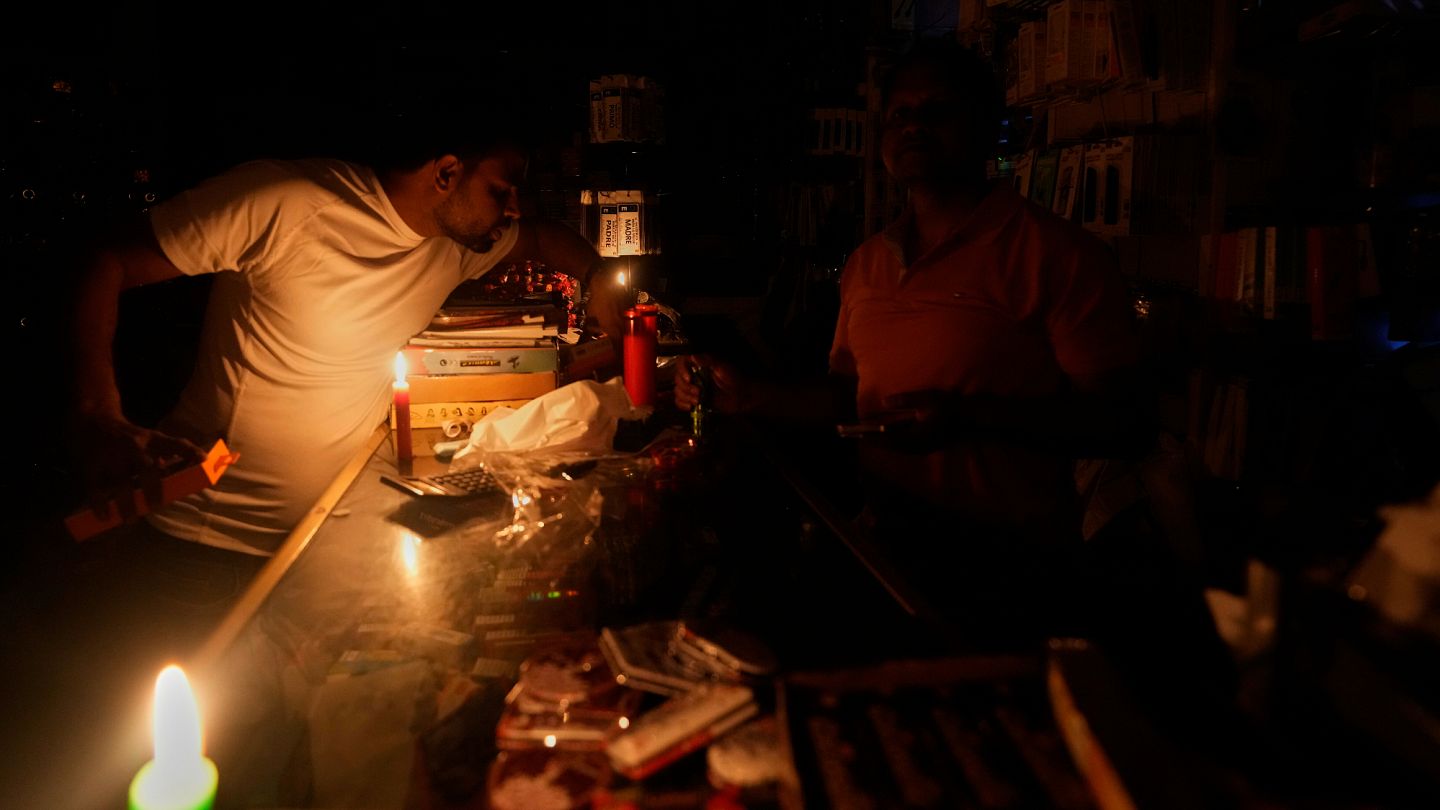After the blackout in Spain and Portugal, is Germany prepared for such an emergency?
A widespread power outage in Spain and Portugal paralysed the countries' infrastructure for several hours. How well prepared is Germany to handle a similar emergency?
A massive power cut paralysed everyday life in Spain and Portugal for most of Monday. During the blackout, millions were unable to travel by train, make purchases with a card or get to work. The cause is still unknown and in the meantime, 99% of the power grid has been restored.Power outages of this magnitude, which paralyse infrastructure and telephone networks, are an exception. Most recently, several Balkan states were without power for several hours during a heatwave last summer. But how well prepared is Germany to handle a similar widespread power outage?Germany has one of the safest power grids in the world"Germany's power grid is one of the safest and most stable in the world," according to a risk analysis on power outages published by the German government in January 2025. "Large-scale and long-lasting power outages have only occurred extremely rarely in Germany." Therefore, according to their own estimates, a blackout of the scale seen in Spain and Portugal remains "unlikely."Since 2014, the average length of interruption to the power supply has been less than 13 minutes per year, according to the Federal Statistical Office for Germany. Nevertheless, the probability has increased in recent years, according to Andreas Kling, civil protection expert and author of "Safe Despite Disaster". This is due to the conversion of energy systems from a centralised supply via large power plants to many photovoltaic and wind systems as well as biomass.Geopolitical influence on safety"What definitely increases the likelihood of a large-scale, long-lasting power outage are geopolitical tensions, especially the war in Ukraine and Russia's attempts to exert influence, including here in Central Europe, which of course also makes the power supply an ideal target for a potential enemy," says Kling.According to him, Germany in particular could be a target for a Russian destabilisation campaign. "Due to its location and the special political situation with the division into East and West in earlier times, but of course also as a large and authoritative country in Europe, where very different opinions prevail with regard to the Ukraine conflict," Kling explained. According to Kling, Germany's geographical location is "advantageous, as several neighbouring countries can intervene to stabilise the grid". However, outages in neighbouring countries could also have an impact on Germany.However, there were no indications of a cyber attack during the massive power outage on the Iberian Peninsula on Monday. Portugal's Prime Minister Luís Montenegro said: "Nothing can be ruled out, but there is no indication that it was a cyber attack."In both countries, 99% of the power supply has been restored. It was "very good crisis management", commented Kling. "Resilience, the ability for a system or even a community to reorganise itself after such an event and ideally even be better than before, must be planned for at an early stage."How can Germany prepare for such a crisis?In addition to precautionary measures for resilience, Kling believes that resilience is particularly important for Germany. "Due to the expansion of communication systems and the shift to the internet - electricity is becoming increasingly important in general - there is actually still a gap that definitely needs to be closed."To better protect critical infrastructure, the Federal Cabinet passed the KRITIS Umbrella Act last November. It has yet to be implemented. A European directive, which is intended to ensure measures for a high common level of cyber security, could also strengthen security at national level.However, Kling is also appealing to the public. He believes there has been a lack of widespread awareness of crises, wars and disasters to date. "You simply have to deal with the situation and think about what I do, for example, if I have to leave the house," he told Euronews.EU recommends a 72-hour emergency packageMost recently, the EU once again ordered member states to issue guidelines for a 72-hour emergency kit. For Kling, these recommendations are the absolute minimum standard. He goes on to ask: "Do I have any cash with me? Cash is important, it gives you the opportunity to buy something. Do I need to take important documents with me? Do I also need to think about my neighbours, my children, my relatives?"Even if you can stay at home, it is important to have a basic stock of food, for example. The Federal Office of Civil Protection and Disaster Assistance recommends at least two litres of drinking water, which Kling believes is too little. "Water is much more vital than food. I don't just need water to drink, I also need to cook. You might want to wash your face after all. Flushing the toilet is also a very sensitive issue," adds Kling.According to a Forsa survey conducted in 2022, around 38% of Germans have an emergency kit at home.


